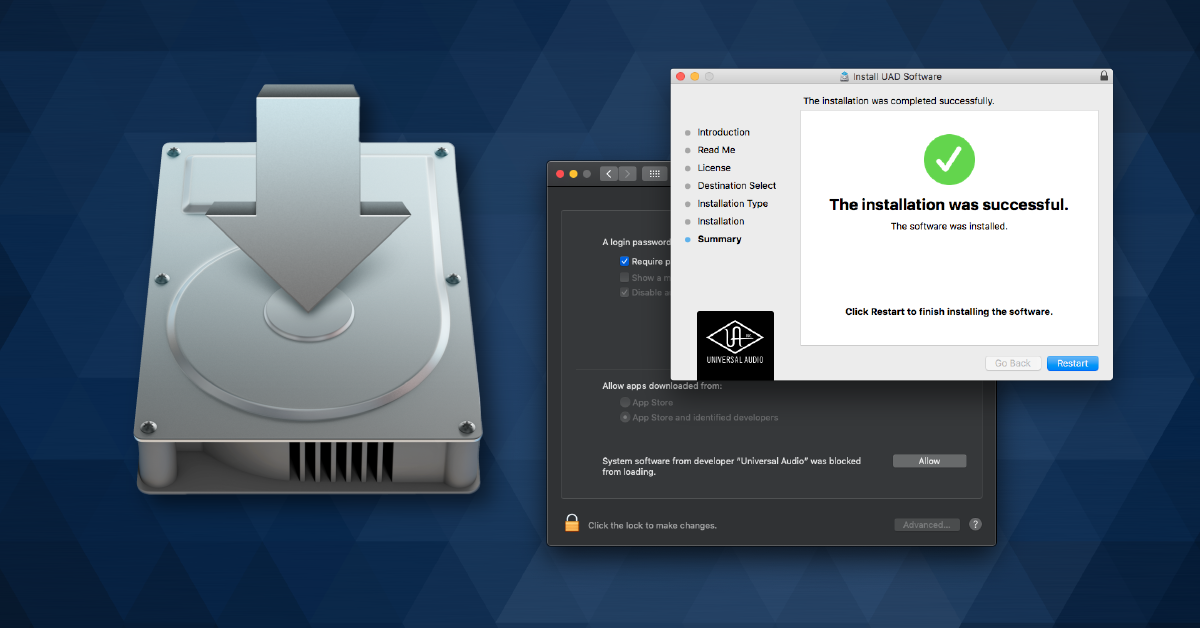-->
This article helps to fix an issue in which Windows 10 doesn't install specific drivers for USB audio devices on the first connection.
The USB-MIDI Driver is for use with Studio Manager V2 Host, Editor, PM1D Manager and DME Designer. Be sure to use the latest versions of the software available on this Yamaha Pro Audio site. Please download 32-bit driver when you use 32-bit Windows. Main Revisions and Enhancements. Press the SETUP button. Cursor down to highlight 'USB,' and then press ENTER. Cursor to highlight 'GENERIC' for the USB Driver Mode. Turn the mail dial clockwise to choose 'VENDOR.' - A USB Driver message prompts in the TD-17's display stating that the new change will not become effective until the TD-17 is powered off and on again. The USB-MIDI Driver is no longer available for Windows 2000/Vista/XP. The USB-MIDI driver is software that transfers MIDI data back and forth between PC software and Yamaha USB-MIDI devices. Yamaha USB-MIDI Driver Installation (for Windows) 1 Disconnect all USB devices from the computer except for the mouse and computer keyboard. USB-MIDI Driver Generic MIDI V3.1.4 for Win 10/8.1/8/7 SP1 (32-bit) Windows 7 SP1,Windows 8,Windows 8.1,Windows 10. The USB-MIDI driver is software that transfers MIDI data back and forth between PC software and Yamaha USB-MIDI devices. The generic Windows USB MIDI driver for class compliant USB hardware devices is only able to support one application to open any one MIDI-port at the same time. The second application trying to instantiate that port will get an error. The driver introduced here provides multi-client access to USB class compliant hardware-devices.
Applies to: Windows 10, version 1703
Original KB number: 4021854
Symptom

When you connect a USB audio device to a Windows 10 Version 1703-based computer the first time, the operating system detects the device but loads the standard USB audio 2.0 driver (usbaudio2.sys) instead of the specific device driver.
Cause
This issue occurs because the USB audio 2.0 driver (usbaudio2.sys) isn't classified as a generic driver in Windows 10 Version 1703. Therefore, the system assumes that a compatible, nongeneric driver is installed for the device even though the driver is generic.
This issue also causes Windows 10 Version 1703 to postpone the search for other compatible drivers through Windows Update that typically occurs immediately after you install a new device.
Resolution
To fix this issue, use one of the following methods.
Method 1
To resolve this issue, install update 4022716.
Method 2
If the device-specific driver is distributed through Windows Update, you can manually update the driver by using Device Manager. For more information about how to do this, see update drivers in Windows 10.
Method 3
If the device is not yet connected, first install the device-specific driver, such as by using the appropriate installer. After the device-specific driver is installed, Windows 10 will select that driver instead of the standard USB audio 2.0 driver when you first connect the device.

Note
See the device manufacturer's user guide for specific instructions about how to install the driver.
Method 4
Generic Midi Usb Driver Mac
If the driver isn't distributed through Windows Update, you can manually reinstall the driver. To do this, follow these steps:
- Install the device-specific driver (see Method 2).
- Open Device Manager.
- Right-click (or tap and hold) the name of the device, and then select Uninstall.
- Restart the computer.
Generic Usb Midi Drivers For Windows 10
When it restarts, Windows will try to reinstall the device by using the device-specific driver.